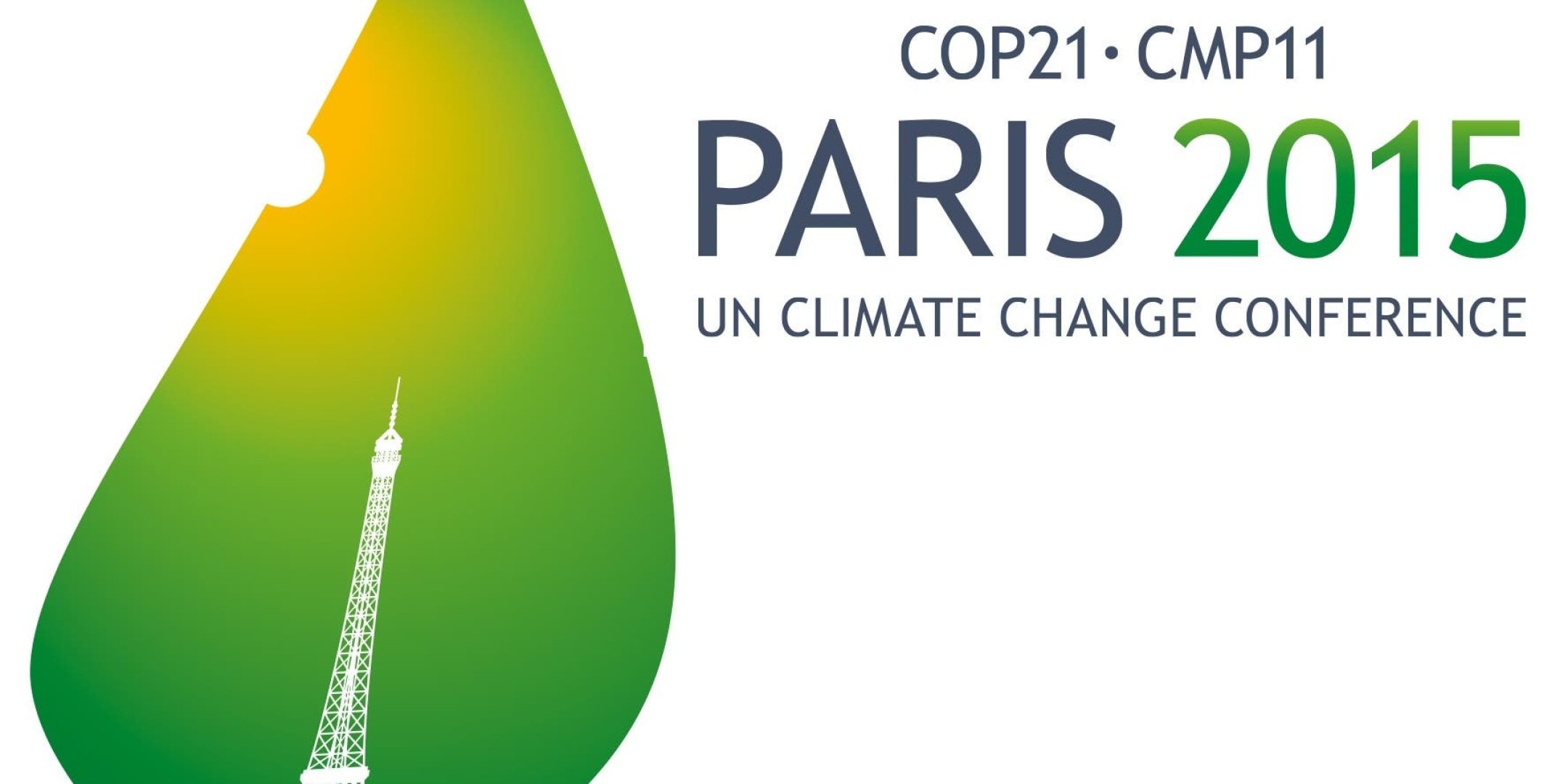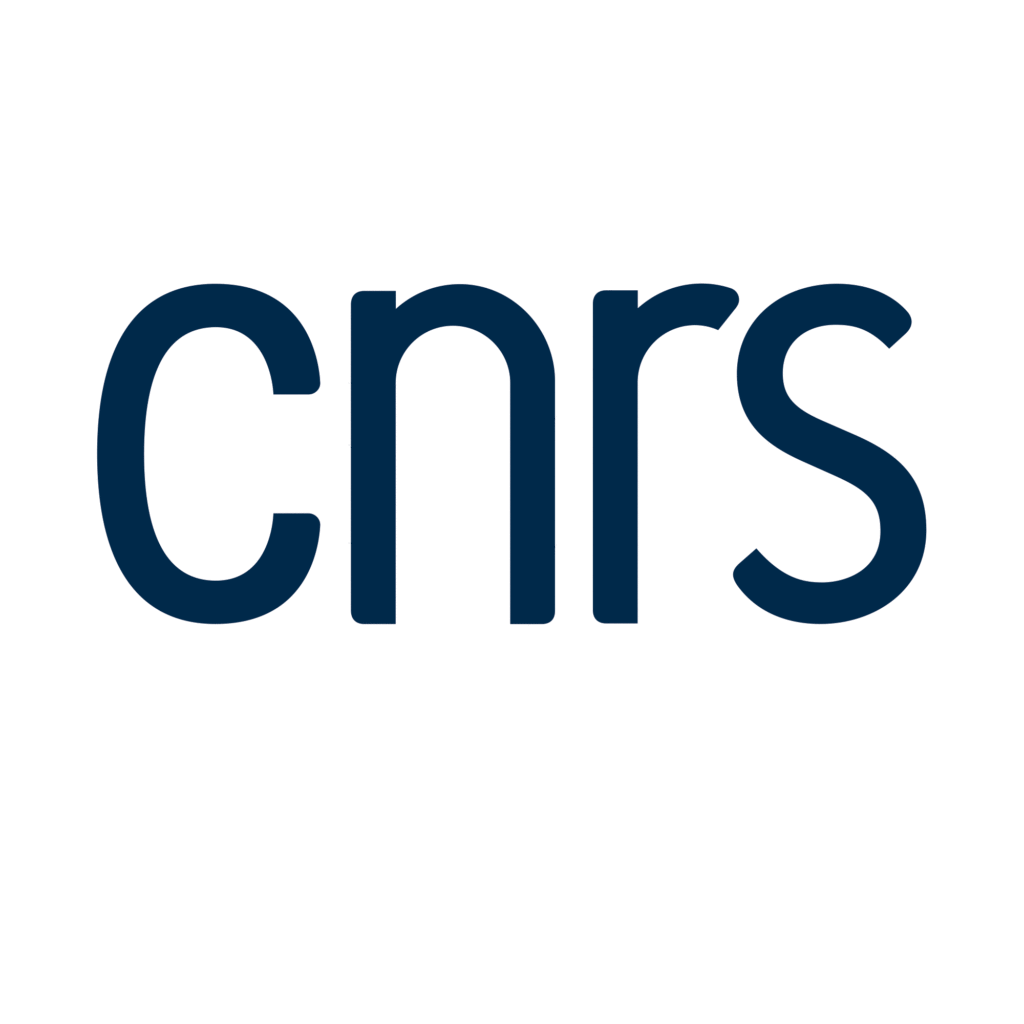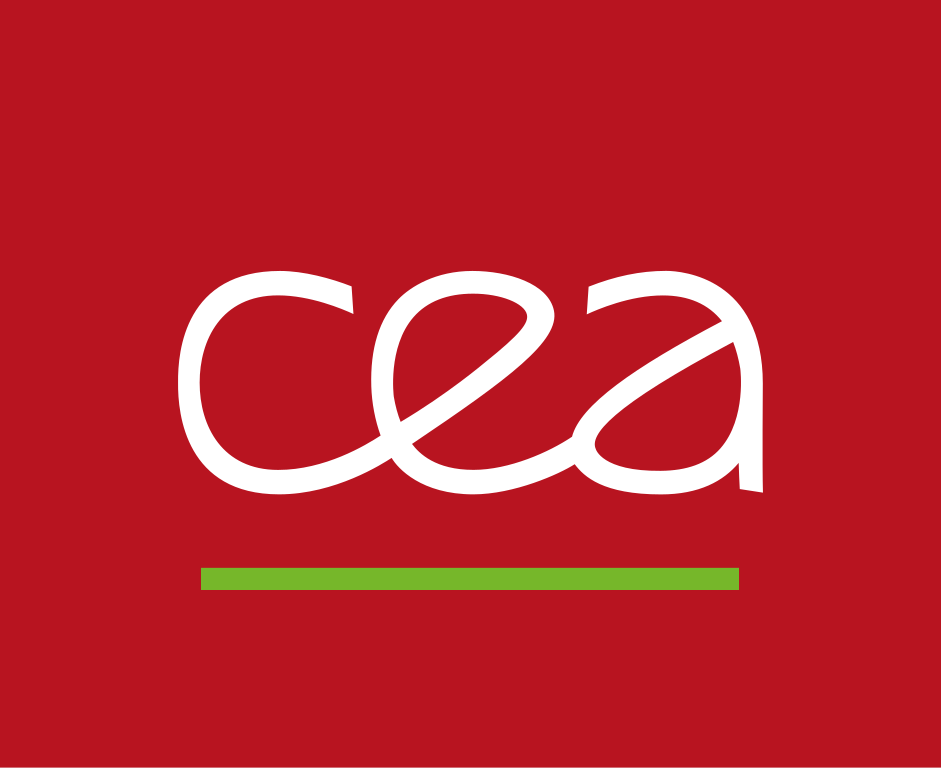Washington
December 7, 2020 – “Carribean Maritime Economies: climate and biodiversity challenges”.
A webinar jointly organized by the Permanent Mission of France to the Organization of American States and the Office for Science and Technology of the French Embassy brought together scientists and politicians from France (Ifremer), the United States (University of Miami) and Costa Rica (Minister of the Environment), of Grenada (Ambassador to the OAS), representatives of IUCN (International Union for Conservation of Nature) and the IDB (Inter-American Development Bank) to exchange on the challenges of the Caribbean region, particularly in terms of biodiversity, the multiplication of hurricanes, rising sea levels, plastic pollution, etc…
Atlanta
December 8, 2020 – A webinar was organized for the entire network of the Consulate General of France in Atlanta, the Chamber of Commerce and the Office for Science and Technology.
The Consul General was able to provide some background on the Paris Agreement before handing over to Brian C. Murray, Director of the Duke University Energy Initiative, who spoke on the scientific rationale of the Paris Agreement and the public policy mechanism that results from it. Kim Cobb, Professor at the School of Earth and Atmospheric Sciences at the Georgia Institute of Technology, spoke on the role of scientists in the fight against climate change.
Boston
December 11, 2020 – A virtual exchange between the Ambassador of France to the United States, Philippe Etienne, and Ernest Moniz, professor at MIT and former Secretary of Energy (2013-2017), was initiated by the Consul General of France in Boston, with the support of the office for Science and Technology.
They discussed climate issues as well as the past and future perspectives of the Paris Agreement. Ernest Moniz is at the origin of the creation of the MIT Energy Initiative. He is an active supporter of the Paris Accord and promoter of the Green Real Deal, considered the “realist”, science-based version of the Green New Deal. The discussion was moderated by Noelle Selin, Associate Professor at the Institute for Data, Systems and Society and the Department of Earth, Atmospheric and Planetary Sciences and Director of the Technology and Policy Program at MIT. She is also a former winner of the MIT-France Fund (2014) on a collaborative program with France on Mercyure in Antarctica.
Houston
Two interviews with personalities were conducted.
One with the head of Greentown Labs, Juliana Garaizar, who has just announced that she is moving into the new E-On incubator dedicated to Clean Tech.
The other with Michelle Fehler from The Design School to present biomimicry, a discipline that combines physics, engineering sciences, design and biology. Michelle Fehler discussed some innovative approaches, including some around the design of wind turbines, which could be of interest to players in Texas, the state that produces the most wind energy in the United States.
Los Angeles
Several videos have been produced to present the excellent work carried out by French and American researchers (Diana Liverman, Regents Professor of Geography and Development) at the University of Arizona, highlighting the strong partnerships that link this university to the CNRS (iGlobes and Biospheres 2 institutes in particular) on topics related to climate change, resource management, resilience and adaptation of populations, linking hard and social sciences.
From the University of Arizona, French scientist Régis Ferrière and his team are trying to understand how ecosystems and society respond to climate change and how international agreements such as COP21 can change the way each of us act in the face of climate change!
Testimony of Matt Petersen, CEO of LACI (Los Angeles Cleantech Incubator) dedicated to the development of a green economy, and Chairman of the Board of Directors of the American network of Climate Mayors, all of them committed to adopting the Paris Accord and achieving the objectives in their cities.
San Francicso and Los Angeles
In collaboration with Los Angeles, the “Deplastifying the Planet” program of Schoolab, a French innovation studio with a branch in San Francisco, was the subject of a video with an interview with Professor Mathieu Aguesse (and his students) at the University of California Berkeley. After a reminder of the challenges of plastic pollution, the results of a project proposed by Faurecia and involving Berkeley students on the use of plastic in car construction were presented.
Chicago
Several video portraits presenting tha action or the journey of young active people or studentsfrom the Midwest who are particularly active on climate and envrironmental issues have been produced.
Kendall Chappell is a third-year student major in Environmental Science at the University of Chicago. In this interview, she shares with us what environmental justice is about, why it matters, and what we can do to contribute. She is also a member of The Paul Douglas Institute, a nonpartisan student-run public policy think tank. She’s currently leading a project on how global environmental justice policies can be implemented in Illinois.
Dylan Waldhuetter, Program Manager, Alliance for Water Stewardship North America, presents The Water Council. Headquartered in Milwaukee, Wisconsin, USA next to the world’s largest freshwater system and home to one of the most influential freshwater technology hubs in the world, The Water Council (TWC). The World Water Council is an international multistakeholder platform organization whose mission is to mobilize action on critical water issues at all levels. The Council focuses on the political dimensions of water security, adaptation and sustainability.
Ruby Rorty is a third-year undergraduate at the University of Chicago, studying Economics as well as Environmental & Urban Studies. Her area of focus is the impact of plastic pollution on human health, which stems from her passion for ocean conservation and plasticwaste solution. In this conversation, Ruby explains that while individual action is imperative to tackling this issue, corporate actors must be held accountable for their role in producing plastic on such an accessible level.
Michael Saïdani is a French postdoctoral research associate at the University of Illinois at Urbana-Champaign, within the Industrial and Enterprise Systems Engineering Department. His research work deals particularly with the implementation of circular economy principles. It seeks to measure, improve and monitor the circularity and sustainable performance of industrial systems, including technical products and related services.
Last student of the interview series, Liang Chen, Climate Research Scientst at the Prairie Research Instutite based on the University of Illinois Campus at Urbana-Champaign, presents his research aimed in particular at highlighting the climate impacts related to land use.
Washington in January 2021
COMING SOON
INRAE’s Washington office will host a virtual event in the form of a dialogue between INRAE’s Director of International Relations, Jean-François Soussana and Kate Calvin, a young American researcher working in earth sciences at the Joint Global Change Research Institute, a partnership between the University of Maryland and the Pacific Northwest National Laboratory. These two personalities collaborated with IPCC Working Group II in the drafting of the special report Climate Change and Land (2019).
A webinar in partnership with the Smithsonian Institute will be held in January 2021. It will be a virtual meeting between four French and American scientific personalities to discuss the societal, economic and cultural changes, known as “transformative changes” necessary to preserve our planet, in connection with the IPCC’s recommendations on strengthening the global response to climate change and efforts to eradicate poverty.

